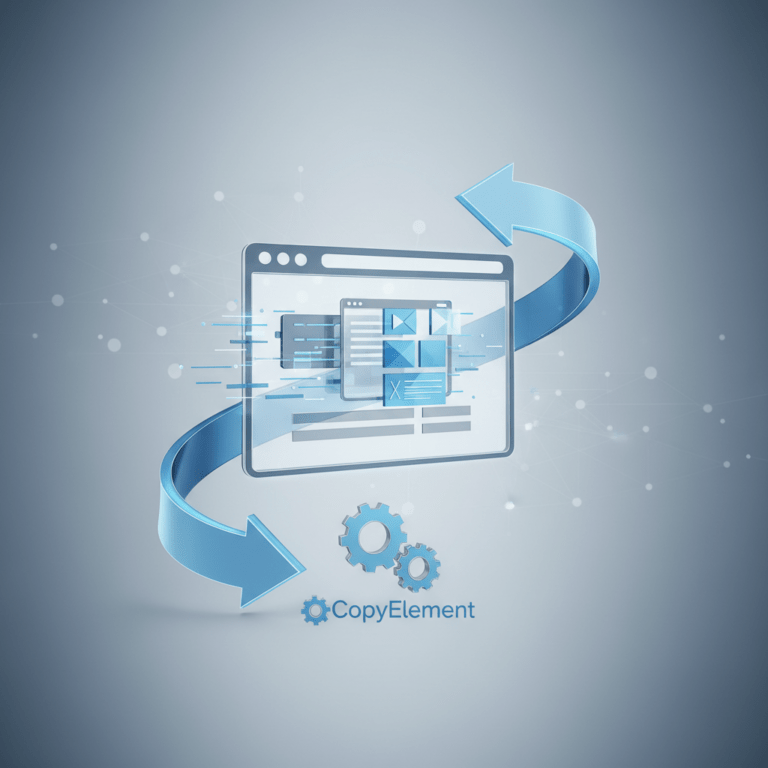The Evolving Landscape of Digital Marketing
The year is 2025. Digital marketing, as we knew it, has undergone a significant metamorphosis. Staying ahead requires more than just keeping up with trends; it demands a proactive understanding of the forces shaping the future. This guide delves into the critical shifts, emerging technologies, and proven strategies you’ll need to thrive in the digital ecosystem of 2025.
AI-Powered Personalization: Beyond Basic Segmentation
Generic marketing is dead. Consumers expect hyper-personalized experiences tailored to their individual needs and preferences. Artificial intelligence (AI) is the engine driving this revolution. In 2025, expect to see AI algorithms analyzing massive datasets in real-time to create dynamic content, personalized product recommendations, and predictive customer service interactions. Think beyond simple demographic segmentation; AI allows for micro-segmentation based on behavior, intent, and even emotional state.
Leveraging AI for Content Creation
Content creation remains king, but the game has changed. AI-powered tools are now sophisticated enough to assist in generating high-quality articles, social media posts, and even video scripts. While human creativity will always be essential, AI can significantly boost efficiency and productivity, freeing up marketers to focus on strategy and campaign optimization. Explore tools that can analyze trending topics, identify content gaps, and even suggest engaging headlines.
AI-Driven Customer Journey Mapping
Understanding the customer journey is crucial for optimizing marketing efforts. AI can analyze customer interactions across all touchpoints to identify pain points, predict future behavior, and personalize the journey at every stage. This allows for proactive interventions, such as offering assistance or providing relevant information, to guide customers towards conversion.
The Rise of Immersive Experiences: AR, VR, and the Metaverse
Augmented reality (AR), virtual reality (VR), and the metaverse are no longer futuristic concepts; they are rapidly becoming mainstream marketing channels. In 2025, brands will leverage these technologies to create immersive experiences that engage customers on a deeper level. Imagine trying on clothes virtually, exploring a virtual showroom, or attending a virtual concert sponsored by your favorite brand. The possibilities are endless.
AR-Powered Product Demonstrations
AR allows customers to overlay digital information onto the real world, creating interactive and engaging experiences. Use AR to let customers visualize furniture in their homes, try on makeup virtually, or see how a product works before making a purchase. This can significantly increase conversion rates and reduce returns.
VR for Brand Storytelling
VR provides a fully immersive experience that can transport customers to another world. Use VR to tell your brand story in a compelling and memorable way. Imagine taking customers on a virtual tour of your factory, showcasing the craftsmanship that goes into your products, or letting them experience the benefits of your services firsthand.
The Metaverse: A New Frontier for Marketing
The metaverse is a persistent, shared virtual world where users can interact with each other and with brands. In 2025, expect to see brands establishing a presence in the metaverse, offering virtual products and services, hosting virtual events, and creating unique experiences that engage customers in new and exciting ways. Consider virtual stores, interactive games, and branded avatars.
Sustainability and Ethical Marketing: A Growing Priority
Consumers are increasingly concerned about the environmental and social impact of their purchasing decisions. In 2025, brands that prioritize sustainability and ethical marketing will have a significant competitive advantage. This means being transparent about your supply chain, reducing your carbon footprint, and supporting social causes.
Transparency and Authenticity
Consumers are skeptical of marketing messages that seem inauthentic or misleading. Be transparent about your values, your products, and your business practices. Share your sustainability efforts, highlight your ethical sourcing practices, and be honest about your challenges and shortcomings.
Supporting Social Causes
Partner with social causes that align with your brand values and resonate with your target audience. This can be anything from supporting environmental organizations to promoting diversity and inclusion. Make sure your efforts are authentic and meaningful, and avoid simply using social causes for marketing purposes.
Measuring Your Impact
Track your environmental and social impact and share your progress with your customers. This will help you demonstrate your commitment to sustainability and ethical marketing, and it will also allow you to identify areas for improvement.
The Continued Importance of Data Privacy and Security
As data breaches become more frequent and sophisticated, consumers are increasingly concerned about the privacy and security of their personal information. In 2025, brands that prioritize data privacy and security will earn the trust of their customers and gain a competitive advantage. This means complying with data privacy regulations, implementing robust security measures, and being transparent about how you collect, use, and protect customer data.
Implementing Strong Security Measures
Protect customer data from unauthorized access, use, or disclosure. Implement strong security measures, such as encryption, firewalls, and intrusion detection systems. Regularly update your security protocols and conduct vulnerability assessments.
Complying with Data Privacy Regulations
Comply with all applicable data privacy regulations, such as GDPR and CCPA. Be transparent about your data collection practices and provide customers with the ability to access, correct, and delete their personal information. Obtain consent before collecting or using sensitive data.
Transparency and Control
Give customers control over their data. Allow them to easily opt-out of marketing communications and delete their accounts. Be transparent about how you use their data and provide them with clear and concise privacy policies.
Conclusion: Embracing Change and Innovation
The digital marketing landscape of 2025 will be characterized by rapid change, technological innovation, and evolving consumer expectations. By embracing AI, immersive experiences, sustainability, and data privacy, you can position your brand for success in this dynamic environment. Stay informed, experiment with new technologies, and prioritize the needs of your customers to thrive in the future of digital marketing.







